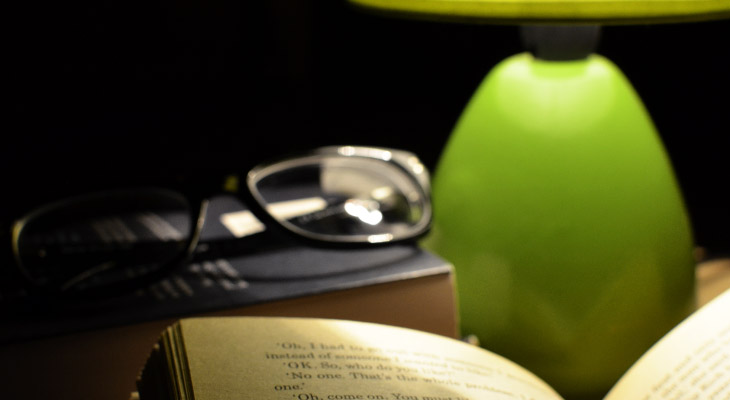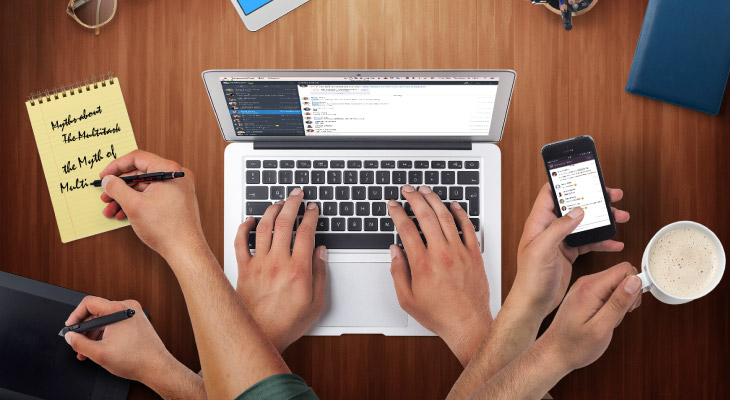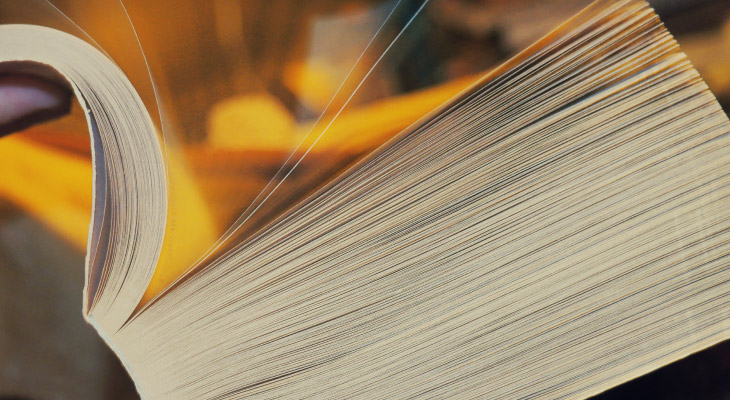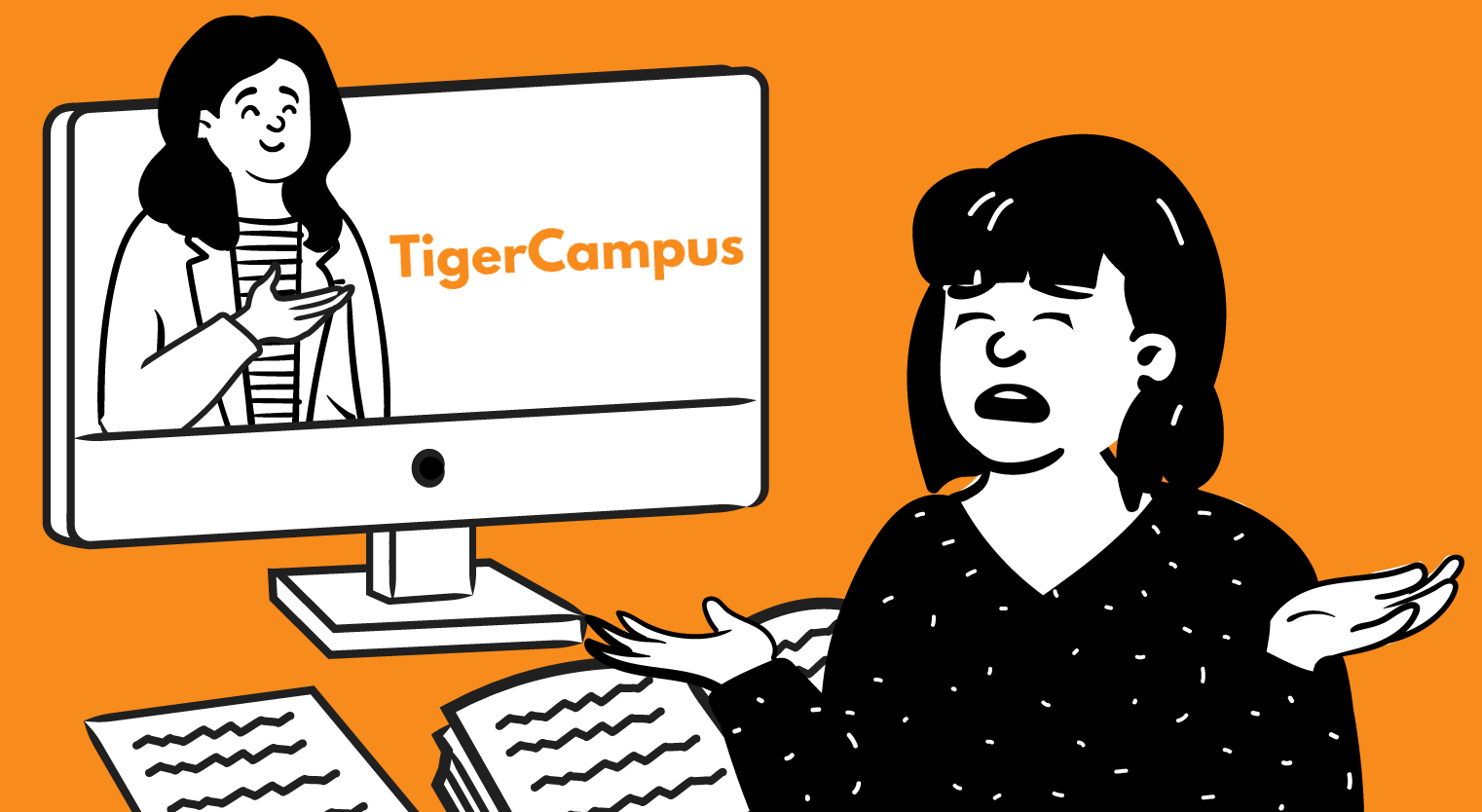How to Study Smart: 7 Scientific Ways to Get Better Grades
The way you’re studying may be the reason why you’ve been let down in exams. But fret not. These science-backed tips are not only legit but will also get you psyched about studying!
Updated 05 Mar 2019

168.
Yes, that’s precisely how many hours there are in a week. If you’re a student, you probably feel like this isn’t sufficient for the academic rat race of maneuvering and stabbing outranking each other on the basis of the final grade.
But while barricading yourself in the library might be tried and true (or at least tried, we hope), there is a smarter way to bury yourself in books - in fact, there’s at least seven of them. In the name of science, you can now avail yourself of what scientists and science geeks researchers have dug up about the art of studying.
We’ve scoured our brains and (mostly) the Internet to bring you these 7 scientifically proven study hacks so you’ll be scoring higher as you crack the books smarter, not necessarily harder.
#1. Hit the books before bedtime

It turns out bedtime stories aren’t just for kids!
Instead of scrolling through endless stream of cute cat videos, try studying for a few minutes right before hitting the sack. During sleep, the brain reinforces new memories, hence there’s a bright probability you’ll retain information better right before dozing off.
The mind-boggling research divided Harvard students into two batches to memorise related word pairs (e.g., school – blackboard) and unrelated word pairs (e.g., school – cactus). Some participants learned the words at 9AM while the rest picked up the words right before bed time at around 9PM.
The result? Sleep made no difference when participants were asked to recall the related words, but such is not the case for the recollection of unrelated word pairs. More astonishingly, the 9PM group who slept right after learning did significantly better.
In other words, when it comes to forming new connections, sleep makes all the difference!
#2. “Multitasking” turns out to be just “multidistracting”

Multitasking – an evil habit that everyone is guilty of since… forever. You may think you’re killing two birds with one stone by hunting for “exam tips” via the black hole of Facebook or watching an “educational video” while studying, but really you’re just killing your studying efficiency.
It may feel like you’re getting a lot done, but research from Stanford, Ohio State University and this group of scientists pointed out otherwise. The data speaks for itself: multitasking significantly reduces accurate recall, interferes with the absorption and processing of information and ultimately, drives you to be less productive (yes, the irony).

#3. Play down on overlearning

Once you’ve been able to effectively cycle through all your flashcards without committing a single mistake, continuing to study is known as “overlearning”. While we might have been indoctrinated to embrace a “if-a-little-studying-is-good-a-lot-of-studying-must-be-even-better” outlook, science has suggested otherwise.
Researchers have found that a single session dedicated to the study of material should go on long enough to nail down mastery but any immediate further cramming of the same material would yield diminishing returns. In essence, overlearning simply grants very little bang for the buck.
Since most students have limited amount of time to pore over textbooks for each subject, you’re better served moving on to something else #bidyourkiasunessgoodbye.
Apply for university with EduAdvisor
Secure scholarships and more when you apply to any of our 100+ partner universities.
Start now#4. Ditch the “curve of forgetting”

The gist behind the “curve of forgetting” hatched from Hermann Ebbinghaus, who hypothesised the decline of memory retention in time. Graphing the results of his experiment, the curve illustrates how information is lost over time when there is no attempt to retain it.
While some people may remember better than others, two factors are generally at play:
- 1. The strength of your memory, and
- 2. The amount of time that has passed since learning
This means that being able to remember new information is highly dependent on when you last learned or reviewed it. In fact, most of us tend to halve our memory of newly learned knowledge in a matter of days unless we consciously review the information.
So how can we use this knowledge for more effective studying?
Here’s the trick. The first time you catch a lecture or study something new, if you review the material the same day within 24 hours – then congratulations! – you’ve just ruled out the possibility of forgetting up to 80% of what you learned. After a week, it takes only five minutes of reviewing the information to retain 100% of the knowledge!
#5. Narrate an outlandish tale

Study Time Paradox – an unfortunate occurrence where you studied for a zillion of hours only to go completely blank the moment your eyes meet the gaze of the exam sheet.
Lurking behind this problem is the distinction between knowing information and understanding concepts. Instead of succumbing to the temptation of blind memorisation and regurgitation, pour in more effort by connecting what you’re learning with something you already know.
It’s not without a reason. Two psychology professors has broken it down in their book, Make It Stick: The Science of Successful Learning, that the more strongly you relate new concepts to concepts you already understand, the faster you’ll cement new information in your brain.
For instance, if you’re learning about Biology, you can think of white blood cells as “soldiers” that defend our body against diseases, which are the “enemies”. Sure, it’s a meticulous technique that consumes times and effort, but we promise the investment is worth it!
PRO TIP
Turning the details you need to remember into a crazy story will make the information more meaningful. So don’t hold back and go wild!
#6. Stick to the good-old print

Okay, we get it. It’s the 21st century where iPads and tablets are ruling your world. No doubt, tablets and other mediums of e-learning are great, but current research findings still bestow the upper hand to traditional print material when it comes to studying.
Need more convincing? Well the iPad leads to 6.2% slower reading times than a printed book, while the Kindle is 10.7% slower. To top that, a psychology lecturer at the University of Leicester exposed that students required more repetition to digest new material from reading on a computer screen than a print book.
Plus, let’s be honest. Unless you have a superhuman level of self-discipline, gadgets and gizmos are (almost) always going to thrust you into the slippery vortex of reflexive Facebook checking.

#7. Cut the music because silence is golden

Some of us know we work better with a little Coldplay egging on us, but before you whip out your headphones, recent research (here and here) have suggested that silence is actually the best study setting. Sadly, it now seems pretty apparent that the widely proclaimed “Mozart effect” was a myth; listening to one particular composer or genre is unlikely to transform your intellectual powers.
But that’s not it! Two esteemed professors from University of Wales and Stanford University also highlighted the perils of listening to music while studying. According to his study - regardless of how much you love or hate the sound - it is likely to impede “serial-recall” skills, the magic to process tasks ranging from mental arithmetic to language learning.
So go forth and fearlessly take on your exams with these science-backed hacks, from the “36 nilai-nilai Moral” to the “importance of cell specialisation and homeostasis”. The next time you need to cement new knowledge in your cranium, you’ll know better to stick these seven study tactics in your mind pipe!






